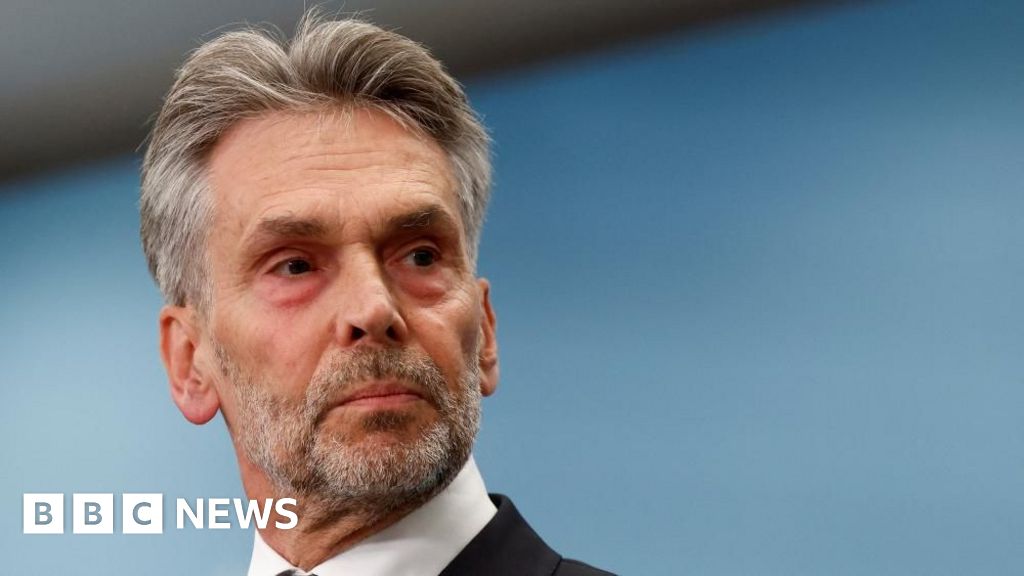After 14 years of Mark Rutte as Dutch prime minister, a former domestic intelligence chief has been nominated to replace him by the four parties that will make up the new Dutch coalition.
Dick Schoof, 67, said he would be prime minister for all Dutch people, not just for the four parties that chose him.
“For me this is a very intense moment, I never would have expected to be asked to stand here,” he told reporters.
Anti-Islam populist Geert Wilders won the Dutch election last November and eventually came to a coalition deal with three other parties after he agreed not to go for the top job.
Under the 25-page deal, Mr Wilders’ Freedom Party and the three other leaders in his coalition agreed they would stay in parliament out of the cabinet, while about half the ministers would be picked from outside politics.
They have promised the “strictest-ever asylum regime” as well as tougher controls on migrants and international students and tight limits on family reunifications for refugees.
Mr Wilders had already abandoned some of his party’s plans, such as banning the Quran, before the election, but he held firm on some of his immigration policies, which will cause friction with some of the Netherlands’ EU partners.
The conservative-liberal VVD, centrist New Social Contract and the Farmer Citizens Movement (BBB) have agreed to the deal.
Dick Schoof has spent his entire career in the civil service, and is currently the most senior official in the justice ministry. He once led the Netherlands’ AIVD domestic security service, as well as the counter-terrorism agency and the immigration service.
He said his focus on the rule of law would help him govern the Netherlands. His experience in the justice ministry may also help him navigate some of the coalition’s biggest ambitions.
Mr Schoof said he knew Geert Wilders “a little” but stressed he had been appointed by four parties that had a big majority in parliament. Asked whether he or the far-right party leader would be the boss, he said: “There is only one prime minister and that will be me.”
He rejected outright any suggestion that he might act as if he was on Geert Wilders’ leash, but admitted to being surprised by his nomination for the top job.
In a recent interview Dick Schoof was asked how the election result might affect his role in the civil service.
“It is a sign that many people do not have confidence in the government’s ability to solve problems, and perhaps not in each other either,” he told the Green Amsterdammer. “And of course it is not the case that just because a quarter of voters back the [Freedom Party], then suddenly a quarter has got the whole thing wrong.”
Although he was a member of the Labour party for decades until only a few years ago, he told reporters on Tuesday he no longer felt any affinity to it.
His appointment came after the first choice for prime minister, Ronald Plasterk, had to pull out after Dutch media reports questioned his integrity.
The next step for the prospective prime minister will be to assemble a ministerial team, along with the man leading the process, Richard van Zwol. A cabinet could be in place by the end of June ahead of the summer recess.

